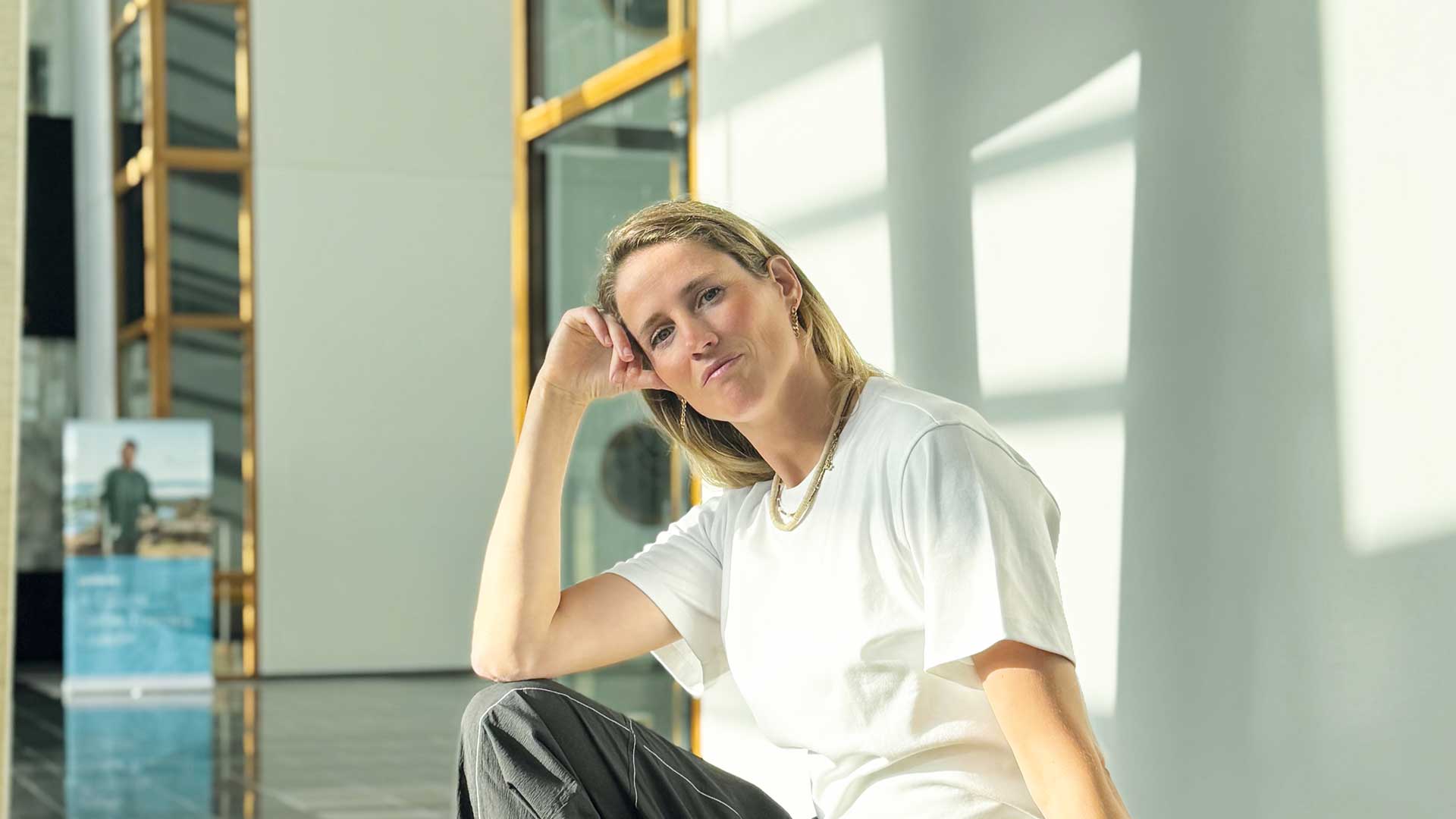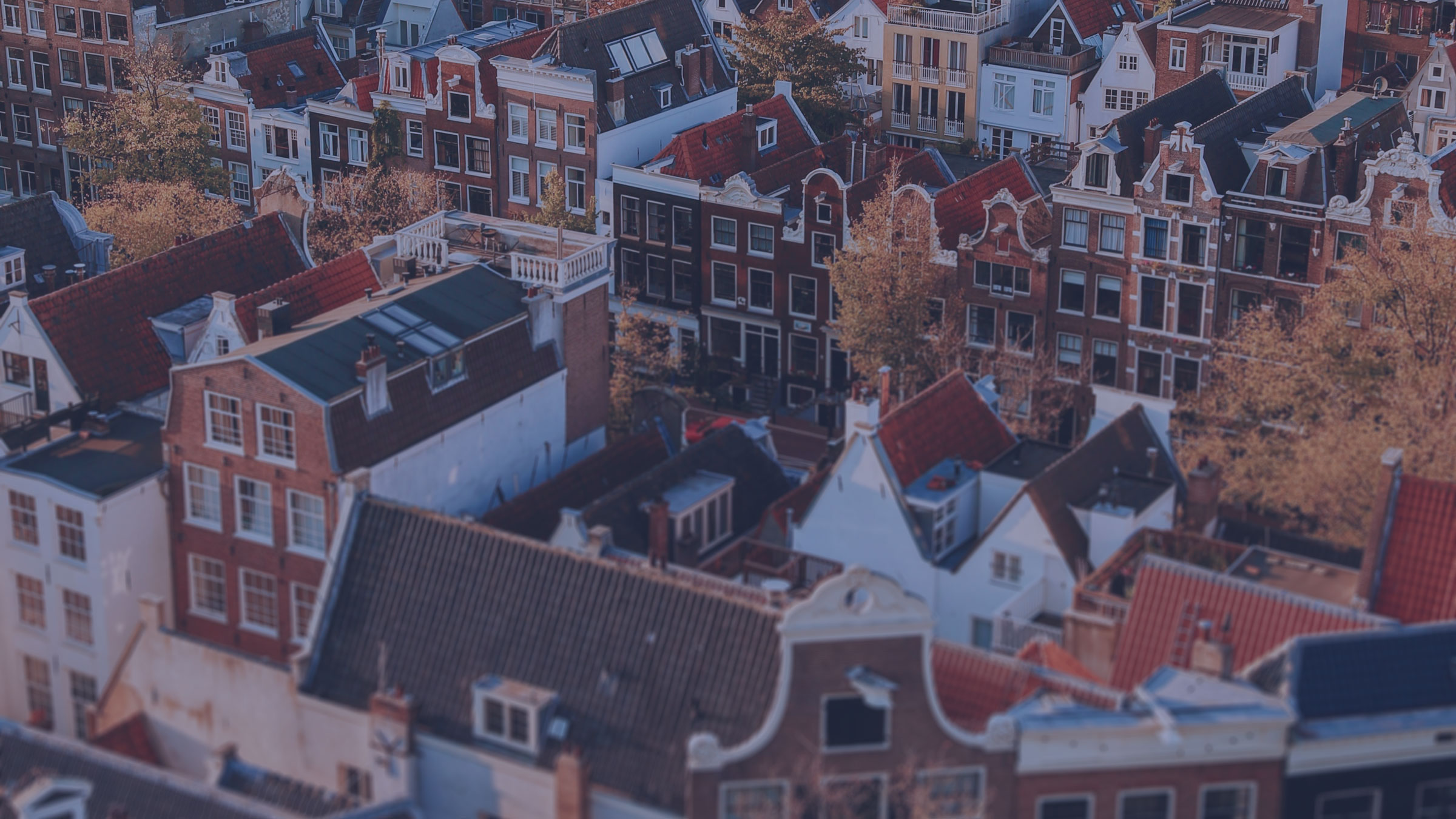
Amsterdam
Netherlands
Life in Amsterdam moves at a relaxed but efficient pace: bikes outnumber residents, and daily commutes often wind along historic canals with 17th-century architecture or through green public parks. The Netherlands is ranked second globally in Numbeo’s Quality of Life Index 2025, with its affordable healthcare, accessible education and excellent childcare with a cohesive social model rooted in equality, inclusion and civic trust. Residents benefit from excellent work-life balance, a digital-first public administration and an extensive transport system that supports both mobility and low emissions, making Amsterdam one of Europe’s most attractive destinations for international founders, investors and tech talent.
A globally recognized and innovation-driven ecosystem
The Netherlands ranked 13th in Startup Genome’s Global Startup Ecosystem Report 2024, making it one of the world’s top-performing startup ecosystems, and Amsterdam is a major driver of this national startup activity. The city was named as one of Europe’s top five startup ecosystems in Dealroom’s Global Tech Ecosystem Index 2025. Amsterdam is particularly strong in AI, fintech, smart mobility and sustainable technologies, with scaleups such as Mollie (payments), Adyen (global payments platform), Picnic (food retail) and Fastned (electric vehicle charging) all helping to shape the region’s global reputation.
The city is also home to StartupAmsterdam, an initiative launched by the City of Amsterdam in 2015 to strengthen and promote the city’s startup and innovation ecosystem. It connects and supports founders while creating opportunities across the sector, engaging investors, mentors, coworking spaces, international networks and other stakeholders to ensure inclusive access for everyone, everywhere in the city. Local talent benefits from close ties to world-class research institutions such as the University of Amsterdam (UvA), Vrije Universiteit (VU) and the Amsterdam University of Applied Sciences (HvA) as well as a dense network of startup programs and accelerators (including Startupbootcamp, Rockstart, Impact Hub, Innofest) and early-stage investors (such as Peak, InnovatieFonds Noord-Holland, Inkef, Keen Venture Partners, Volta Ventures, Slingshot Ventures and ROM Inwest).
Open data and smart city infrastructure
Amsterdam’s reputation as a smart city is rooted in its commitment to open access and digital experimentation. The city’s open data platform (data.amsterdam.nl) hosts over 1,700 files across domains such as mobility, tourism, energy use and demographics, allowing founders to analyze trends, test prototypes and enrich machine-learning models using real-time and historic data. Developers also benefit from tools such as the Dashboard Kerncijfers OIS (onderzoek.amsterdam.nl), which visualizes census and neighborhood-level data to support hyperlocal decision-making.
In addition, Amsterdam fosters collaboration between entrepreneurs and the city. Maps Amsterdam (maps.amsterdam.nl) enables spatial planning and helps businesses identify ideal locations for retail, mobility or logistics projects, and the Amsterdam Startup Map (startupmap.iamsterdam.com) adds visibility to the ecosystem itself, helping entrepreneurs locate peers, investors, potential collaborators and sector-specific communities. The Startup in Residence (startupinresidence.com/amsterdam) program connects startups with public challenges, offering mentoring and pilots to codevelop innovative solutions. Through the Innovatiepartners platform (innovatiepartners.nl), founders can directly engage with municipal departments, explore procurement opportunities and shape projects that address urban needs.
At the city-run Datalab, startups, researchers and municipal staff collaborate on practical use cases for urban data, from crowd management to sustainability monitoring. Meanwhile, the city’s beacon network, spanning 300 sensors across key public locations, offers IoT startups a free infrastructure for prototyping location-aware applications in areas such as mobility, retail analytics and urban safety.
Supported by innovation clusters
The city’s startup infrastructure is anchored by hubs such as TNW Spaces, B. Amsterdam and Startup Village, each offering tailored support and community programming for early-stage ventures. Amsterdam has also developed several sector-focused campuses with a sustainability mandate, including AMS Institute (urban technology and resilience), Fashion for Good (circular fashion) and Prodock (a testing ground for energy, logistics and mobility innovations at the Port of Amsterdam).
Innovation districts such as the Marineterrein host a mix of research institutions, scaleups and experimental urban projects, contributing to the development of a future-proof city, while dedicated life sciences and health districts bring together research institutes, medical centers, startups and corporations to accelerate innovation. These include the Amsterdam Life Sciences District, centered around the Amsterdam Health & Technology Institute; the Health and Innovation District (HID), focused on red biotech and health advancements; Kenniskwartier (Innovation District Zuidas), centered around the Vrije Universiteit Medical Center within Amsterdam UMC; and the Amsterdam Science Park, focused on digital innovation, sustainability, life sciences and healthtech.
A sustainability leader
Amsterdam was ranked as the number-one top sustainable city worldwide in the Arcadis Sustainable Cities Index 2024, which highlighted its increase in sustainable energy sources and its 2030 climate-neutrality goals. It also noted the city’s Climate Neutral 2050 Roadmap, which aims to reduce the city’s carbon emissions by 95% compared to 1990 levels.
Amsterdam is also active in efforts toward circular construction and green mobility. The city’s Circular Economy Implementation Agenda outlines over 70 actions to be carried out in the next four years in collaboration with residents, businesses and organizations. It ranked second in the 2024 Urban Mobility Readiness Index due to its electric vehicle (EV) solutions and intelligent cycling infrastructure. Initiatives such as a data-sharing partnership with Google explore how pooled data can help predict traffic flows and inform transport planning so that residents receive smarter, location-specific transit updates while city planners gain insights into peak congestion patterns, helping to fine-tune policy and reduce emissions.
International accessibility and diverse culture
Amsterdam’s proximity to Schiphol Airport, one of Europe’s busiest international hubs, makes it a gateway to both European and global markets, while high-speed rail links it to Brussels, Paris, London and Berlin. English is widely spoken across all sectors, and nearly 180 nationalities call the city home, making it one of Europe’s most multicultural capitals. Public services and legal systems are accessible, and there’s strong infrastructure, ranging from international schools to healthcare and community programs.
Founders are also drawn to Amsterdam’s rich cultural offerings. It has a thriving independent arts and music scene, with more than 100 museums and a dynamic calendar of festivals that reflect the city’s global identity. The city's districts and neighborhoods showcase the diversity of local communities, cuisine and creative spaces.
Facts and Figures
With more than 1,200 bridges, Amsterdam’s canal system is more extensive than that of Venice.
Much of Amsterdam is built on wooden piles driven deep into the marshy soil. The Royal Palace on Dam Square, for example, rests on 13,659 wooden poles.
There are an estimated 900,000 bicycles in Amsterdam (1.9 per household, according to the Central Bureau of Statistics).
Close to 40% of all trips within the city are made by bike (Netherlands Institute for Transport Policy Analysis, Cycling Facts 2023).
Amsterdam aims to halve its use of new raw materials by 2030 and become fully circular by 2050.
Amsterdam has one of the highest densities of museums of any city worldwide, with around 21 museums accessible within 5 kilometres of all residents by road (Statistics Netherlands, 2023)
Startups
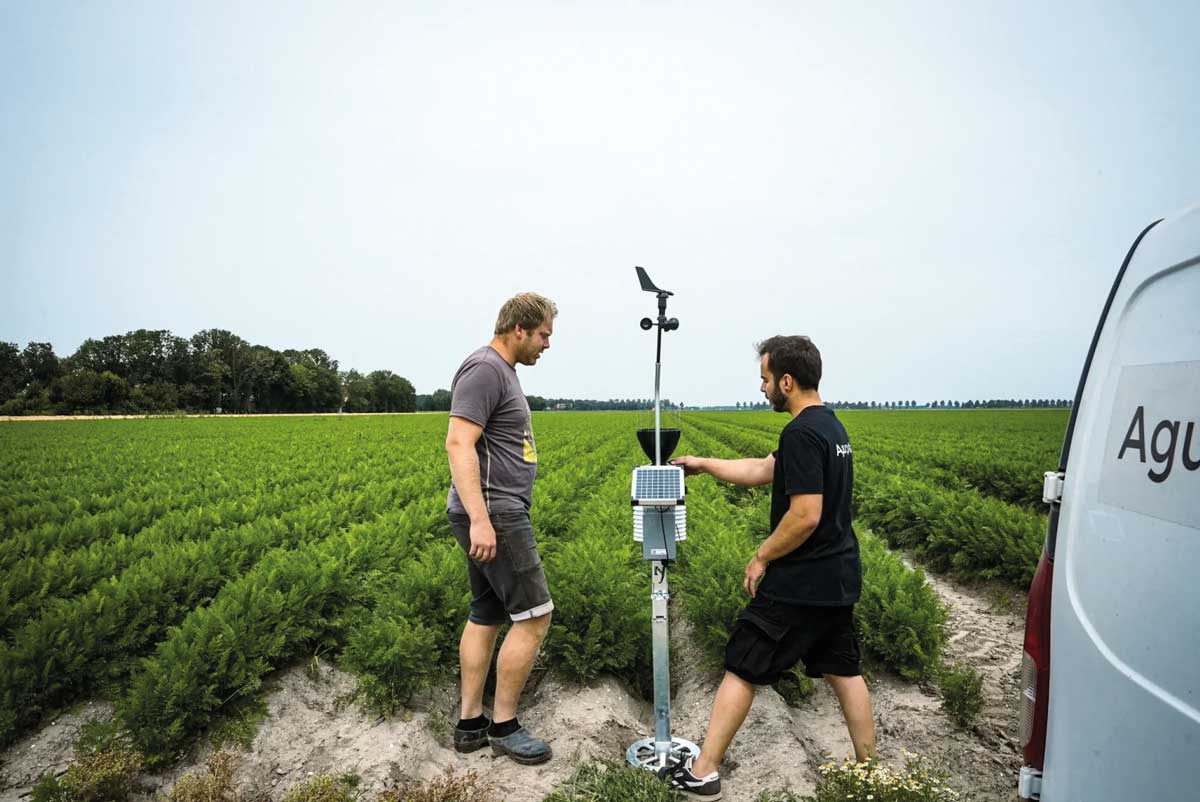

Agurotech delivers advanced sensor technology and precision farming tools to help farmers optimize yield, reduce costs and plan efficiently. The all-in-one app integrates real-time soil, crop and weather data, offering personalized advice, historical insights and forecasts while ensuring farmers retain their data.


This AI-driven platform transforms data centers into intelligent, optimized ecosystems. Using machine learning trained on billions of data points, it identifies inefficiencies, boosts reliability and reduces energy use without extra hardware. Operators gain full visibility to extend asset life, cut costs and meet compliance goals.
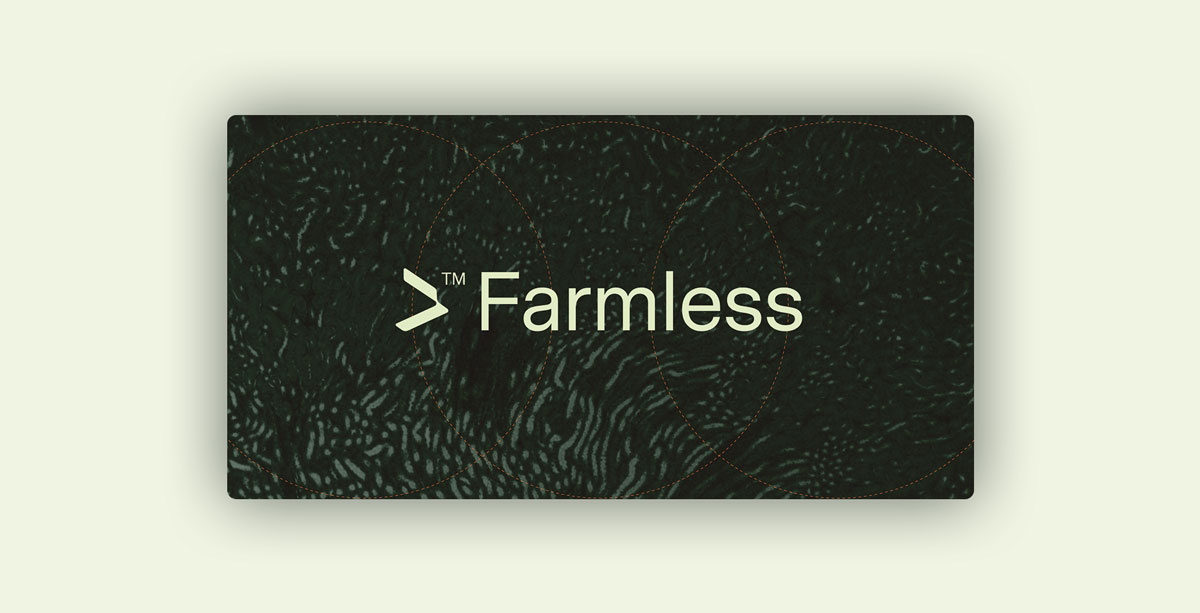

Farmless brews sustainable proteins using fermentation, eliminating the need for animals or farmland. With a liquid feedstock and scalable supply chain, Farmless aims to produce affordable, climate-friendly food anywhere in the world, freeing up land for nature and cutting emissions at a global scale.


This AI-powered software enhances healthcare facilities by detecting falls in real time. The Kepler Night Nurse runs directly on cameras, reducing false alarms by 99% and eliminating the need for constant room checks. The system ensures privacy, requires no extra servers and alerts caregivers within seconds.
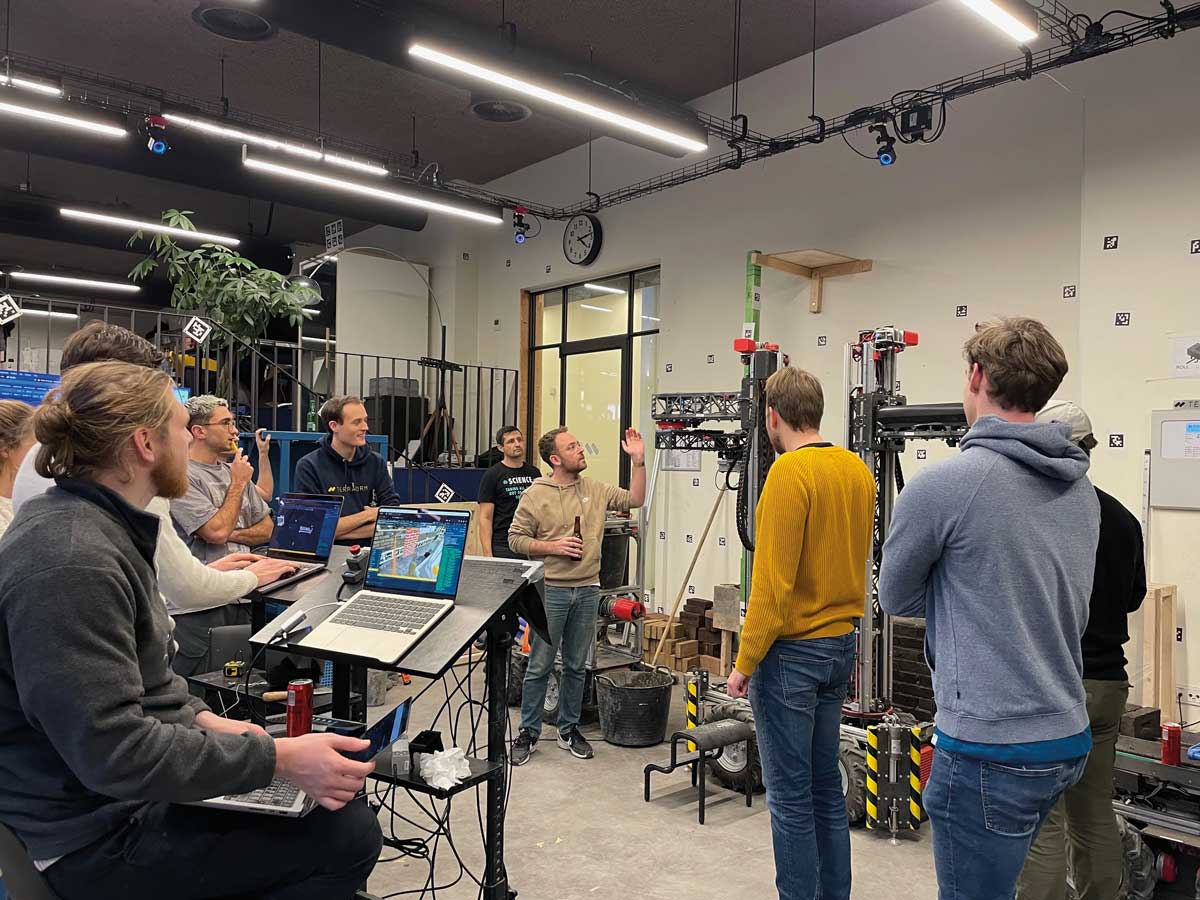

Monumental has developed robotic systems that aim to make buildings software-defined and largely autonomous. The company's vertically integrated approach combines hardware, machine vision and software to redefine construction at scale.
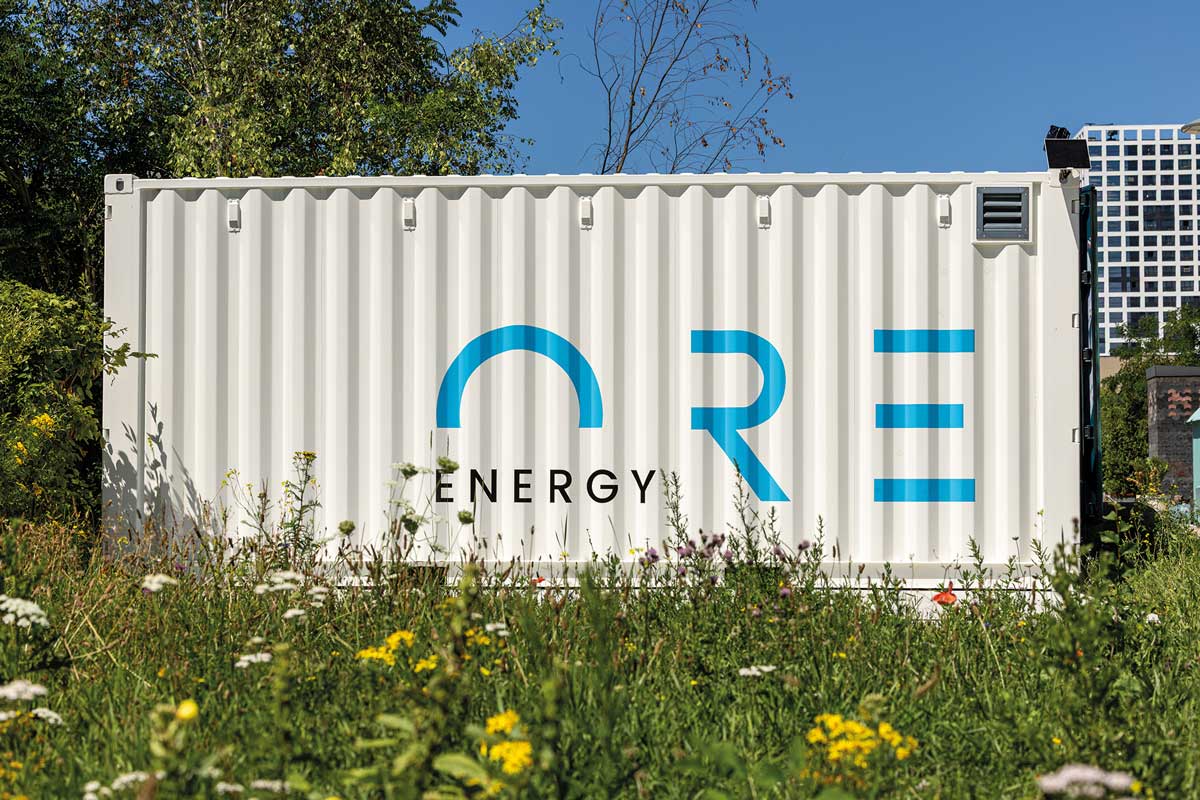

Ore Energy is developing affordable, scalable long-duration batteries to power the global energy transition. Its technology uses the reversible rusting process and abundant and environmentally conscious materials – iron, water and air – to deliver a sustainable alternative to conventional batteries.
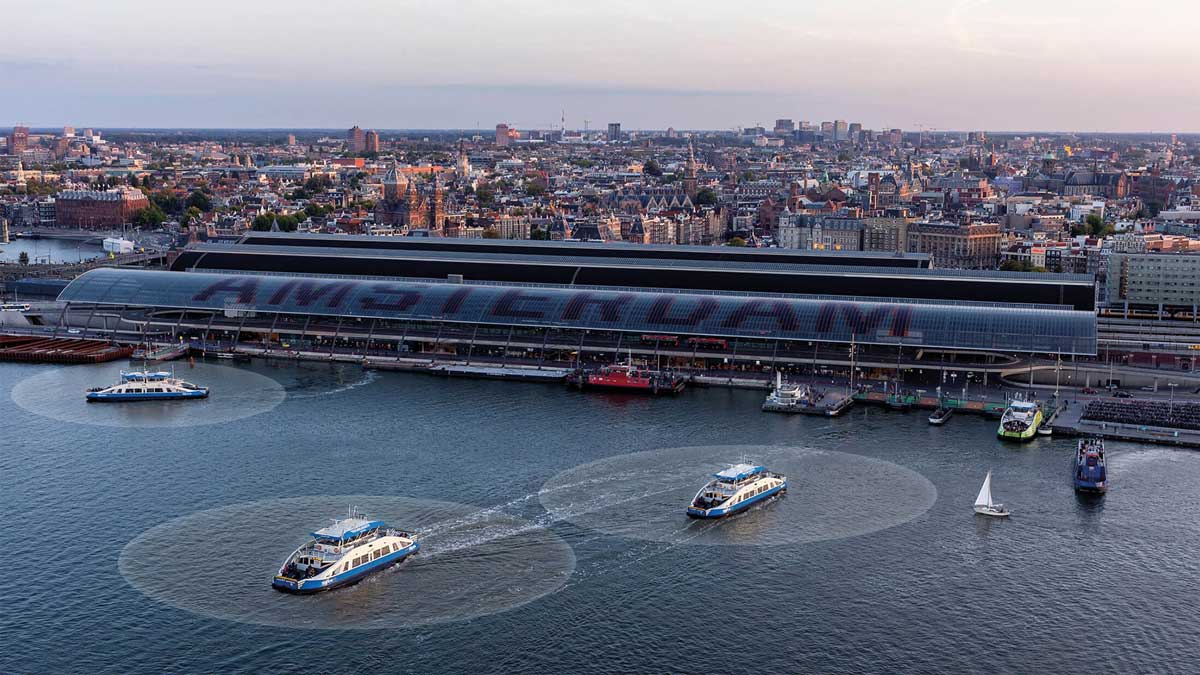

Roboat provides add-on automation solutions and boats that help fleet operators reduce costs, enhance safety and improve comfort. The platform offers real-time insights, automated navigation and smart docking, enabling crews to manage energy use, optimize routes and streamline operations across connected vessels.
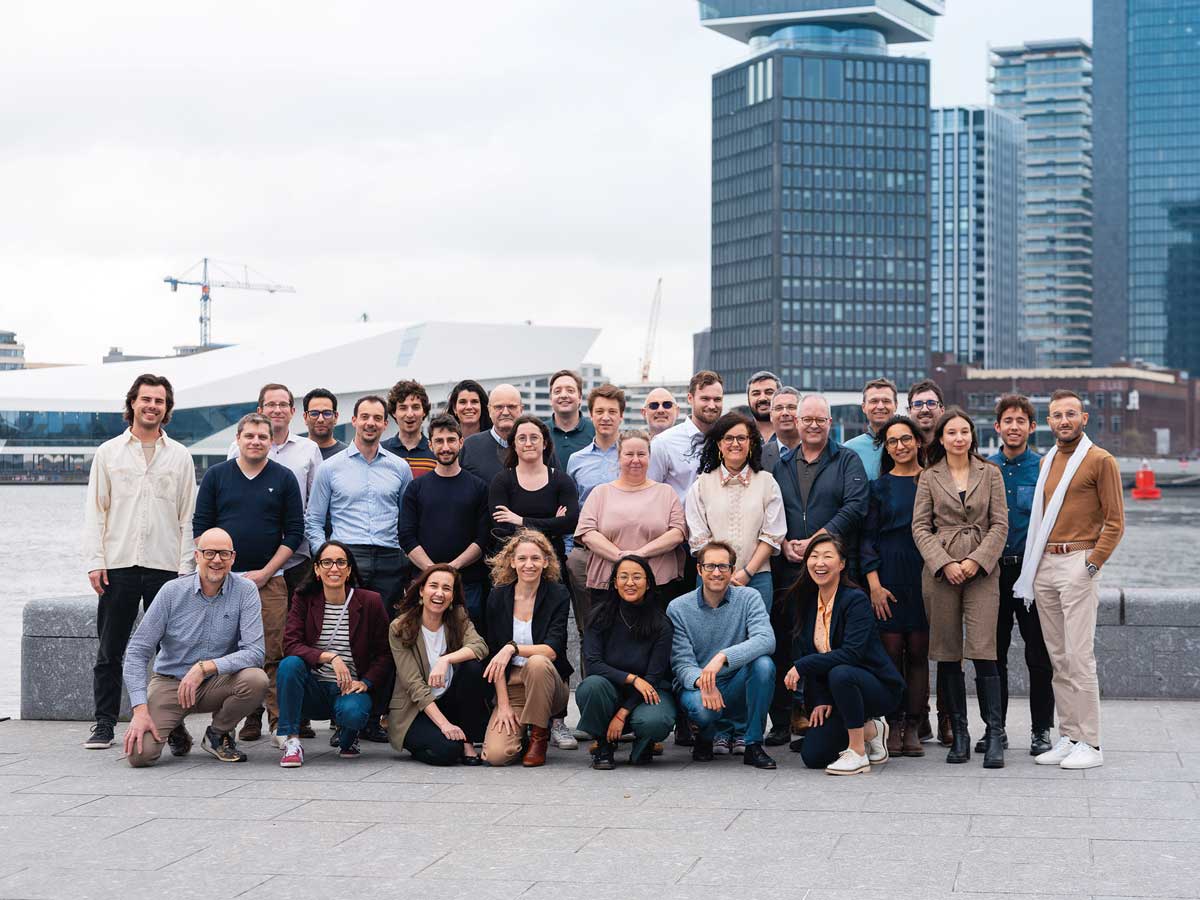

Thorizon is developing a next-generation molten salt reactor that transforms existing nuclear waste into safe, circular and stable energy. Its patented cartridge-based design enables efficient reuse of radioactive material, offering clean power for 250,000 homes or high-temperature steam for industry.
Interviews
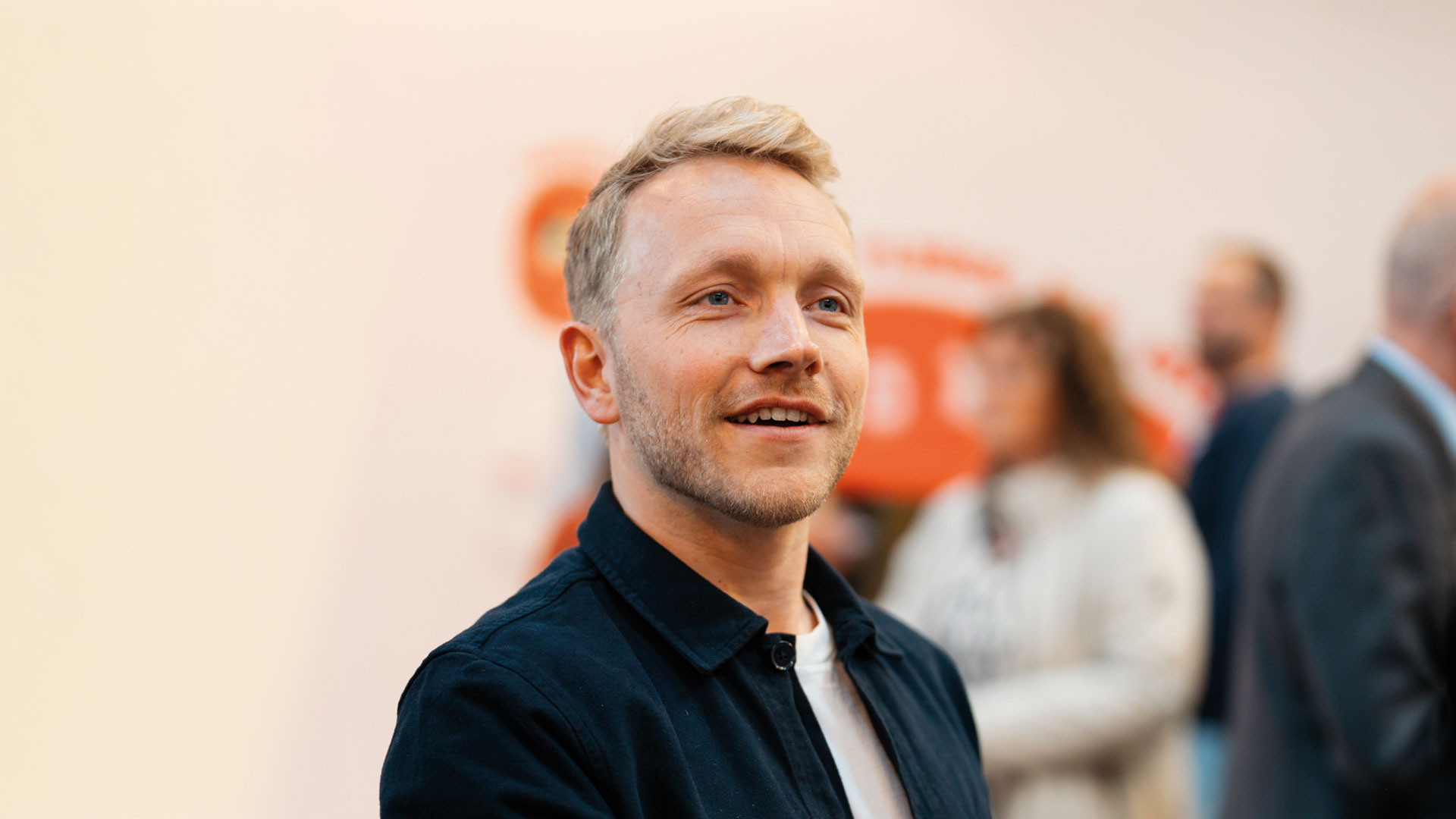
Stef Traa's vision is to create meaningful and lasting change, together. He is driven by the belief that an ambitious sustainability agenda should be accessible to everyone, and that there are always opportunities to be found in collaboration and engagement. Since 2024, Stef Traa and cofounder Natascha Hermsen have grown this idea into a company with ten stores across the Netherlands.
Programs to know about
Early- and growth-stage circular startups
This cost- and equity-free accelerator helps circular startups build value chains and access tailored financing. Through chain partnerships, real-world testing, expert coaching and funding connections, participants scale circular business models, contributing to Amsterdam’s 2030 goal of halving raw material use.

Early-stage women founders
FEM-START empowers women entrepreneurs in the Netherlands to confidently raise capital. Through hands-on training, founders learn about financing options, investor readiness, pitch strategy and financial planning, gaining the knowledge and confidence to navigate investor conversations and secure funding.

Founders looking to scale
Ready to Scale is a nonprofit growth program for startups and scaleups in the Amsterdam Metropolitan Region. Under the guidance of internationally known scale-up coach Pieter van Osch, founders learn to develop strategic growth plans, sharpen leadership and scale operations.

Tech and deeptech scaleup founders
Techleap helps the next generation of computing-first Dutch founders overcome scaling barriers in a founder-to-founder community. The Rise program is open to founders scaling up across sectors, and the Pole Position program focuses on deeptech within critical industries.

Funding Opportunities
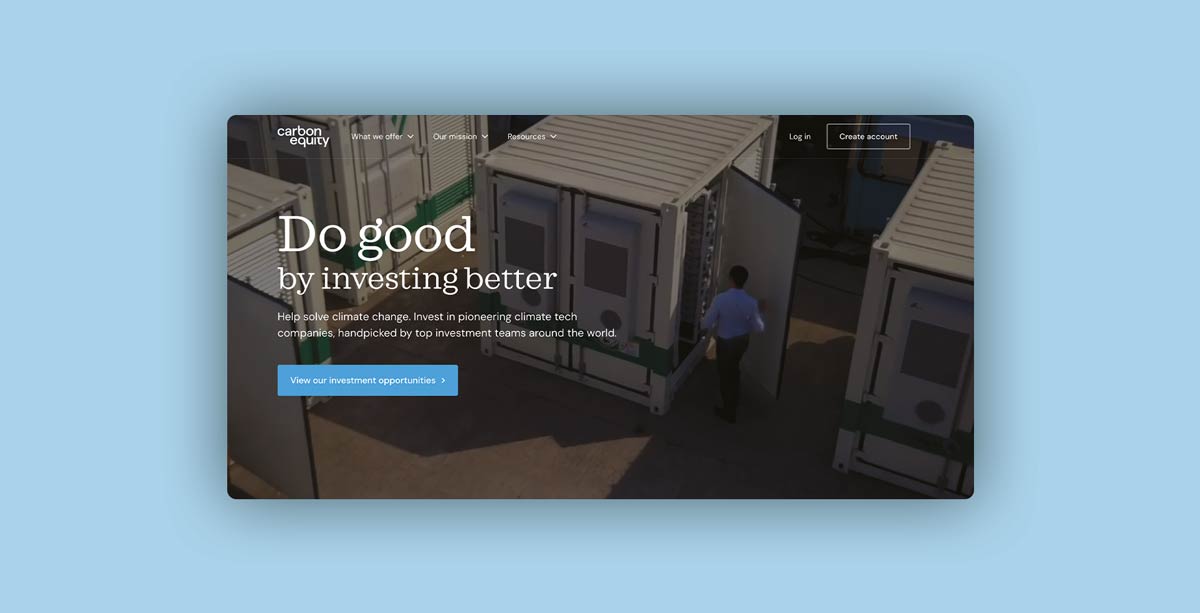

Carbon Equity connects founders with top climate-focused funds by unlocking private capital through a curated investment platform. Backed by 60 years of private equity experience and 15 years in climate impact, the team funds the most promising mission-driven startups.


Innovatiefonds Noord-Holland offers convertible loans to early-stage startups and SMEs based in the province. It helps founders validate innovative solutions through proof-of-concept funding and supports both academic spinouts and independent startups.
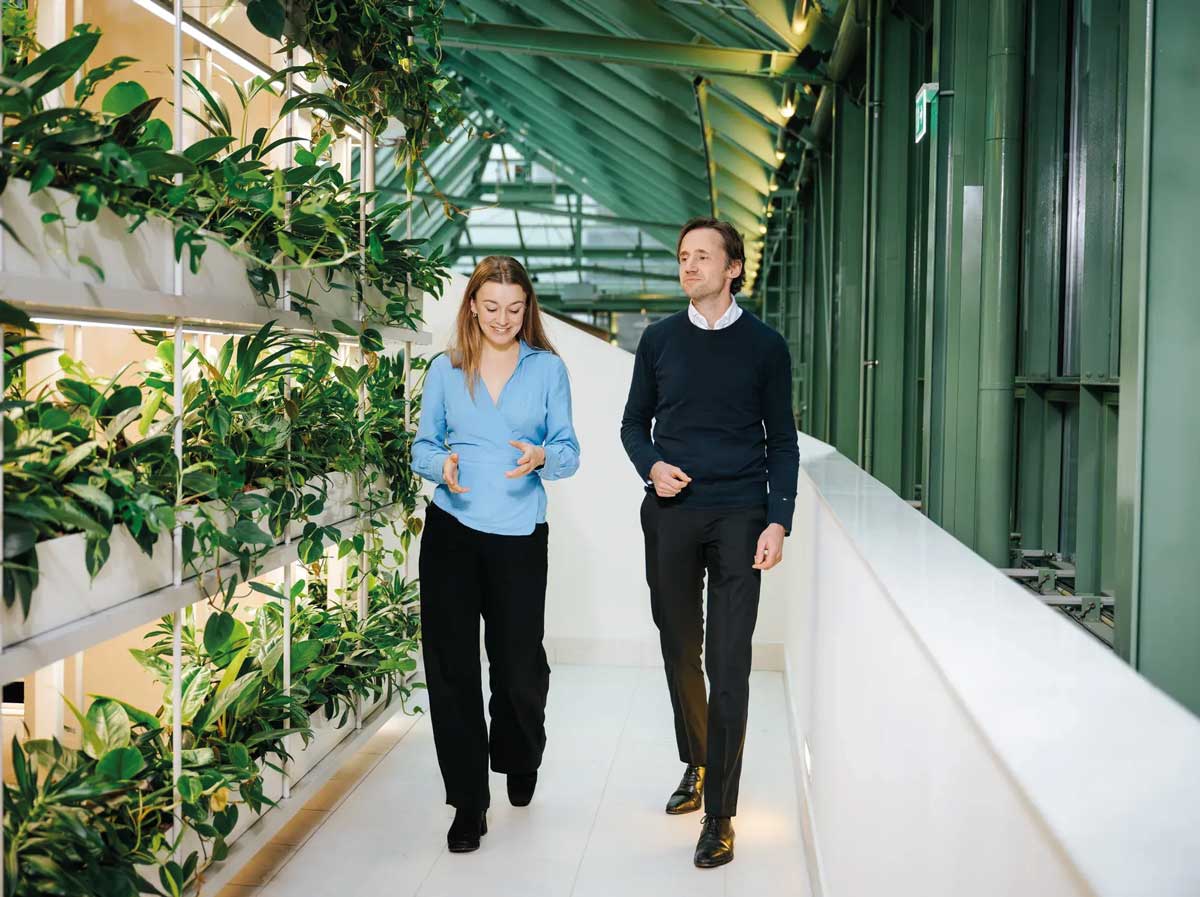

Invest-NL, the Netherlands’ national impact investor, backs innovative ventures that accelerate sustainability and social transitions. Its investments are focused on helping to create the new Netherlands of 2050, especially via agri-food, the circular economy, energy, deeptech and healthcare.
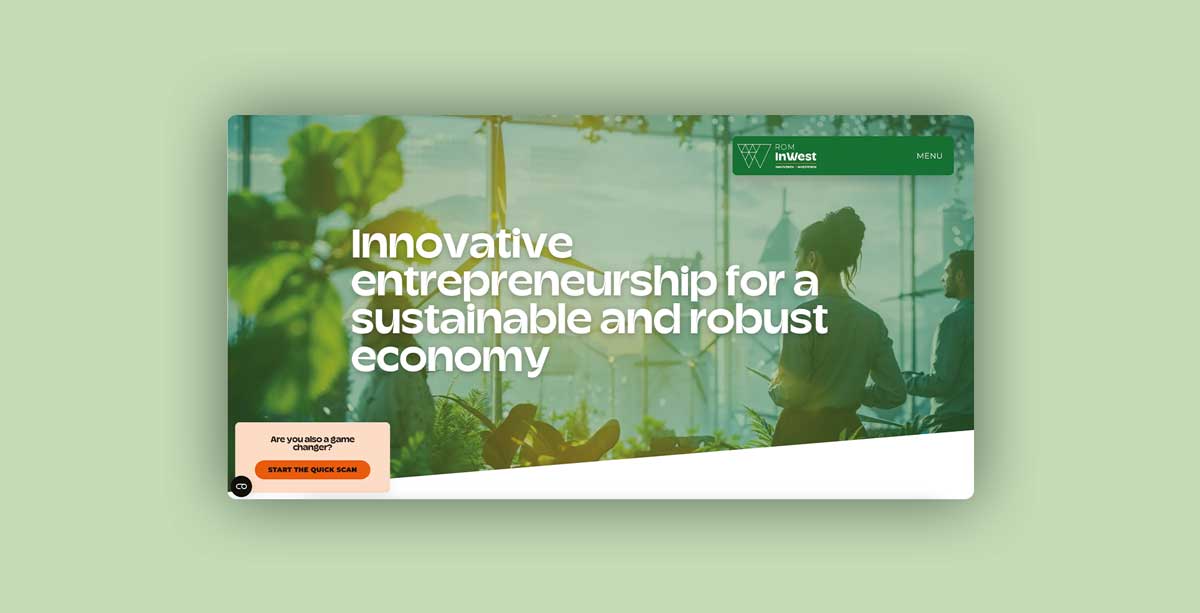

Focused on supporting North Holland founders with projects that have a social impact and a positive outcome for future generations, ROM InWest wants to drive innovative transition forward by making food, energy and digitalization greener.
Urban Impact Solutions
Marineterrein Amsterdam Living Lab is one of the few sites in the city where entrepreneurs, scientists, creatives and policymakers can collaborate on solutions to pressing urban problems by experimenting outdoors; for example, testing of innovations in IoT applications, sustainable-energy solutions and public space interventions like crowd regulation and behavior in real-world conditions. The site includes test zones on land and water, facilities such as cranes for deploying floating prototypes, and local data infrastructure. Supported by partners like AMS Institute and the City of Amsterdam, the Living Lab accelerates the development of scalable, inclusive solutions for the future city.

Over ten years, 144 residents built the Schoonschip (“Clean Ship" in English), the most sustainable floating neighborhood in Europe. Located in the Johan van Hasseltkanaal area in the North of Amsterdam, it contains 516 solar panels, 30 heat pumps and 60 thermal panels to support the 46 households. The community shares the green energy through their own smartgrid, as well as sharing cars and electric bikes through a shared mobility platform called HUUB. They also purchase vegetables and eggs collectively through a local farmer and use a WhatsApp group to source anything else they might need. Full tours of Schoonschip are available to non-residents looking to experience a true communal spirit.

Signed in 2021 by the Metropolitan Region of Amsterdam (MRA), the Green Deal Timber Construction states that, from 2025 onwards, every new building will comprise at least 20% of timber or biobased construction. Concrete and cement have a 1:1 carbon footprint, and substituting just 20% with biobased materials will lead to an annual reduction of approximately 220,000 tons of CO2, as well as a significant reduction in nitrogen emissions. Other advantages include light and fast construction, a healthier indoor climate, circularity and renewability. The deal also promotes the use of timber as a sustainable material, guaranteeing that only 4% of all timber used in the country comes from tropical areas.


